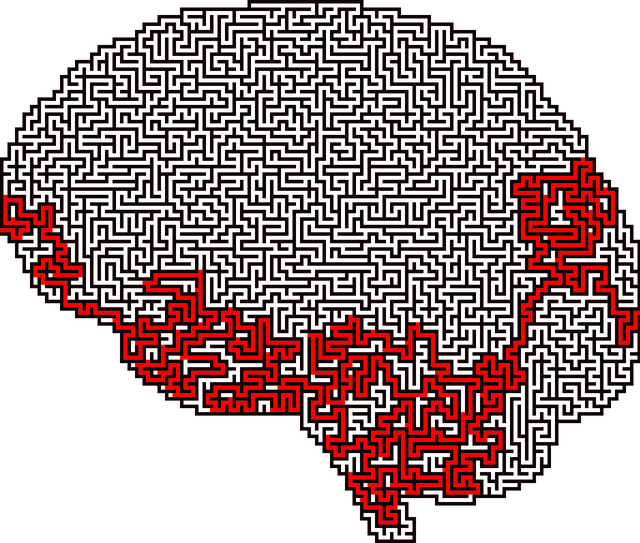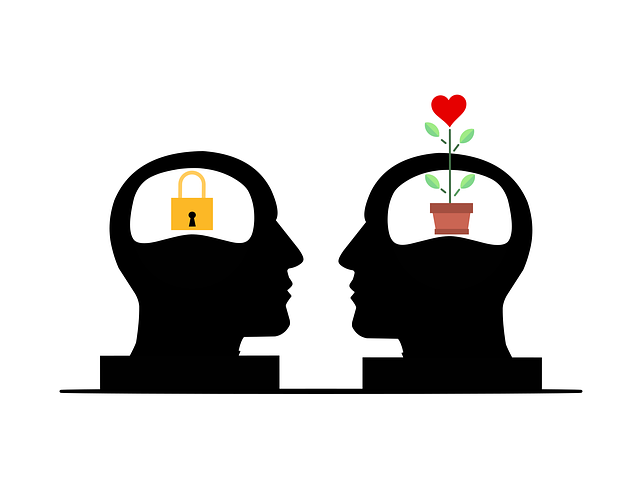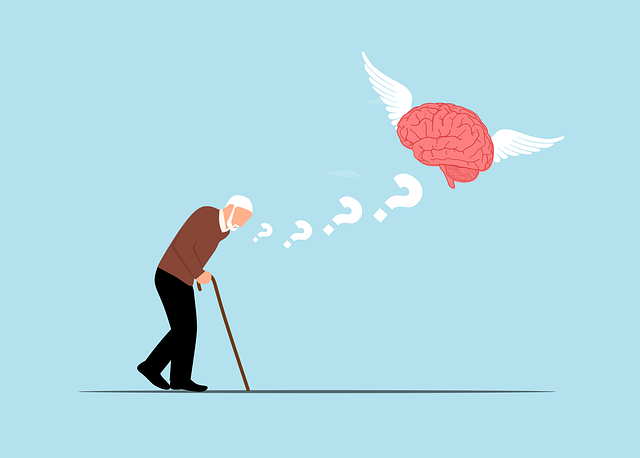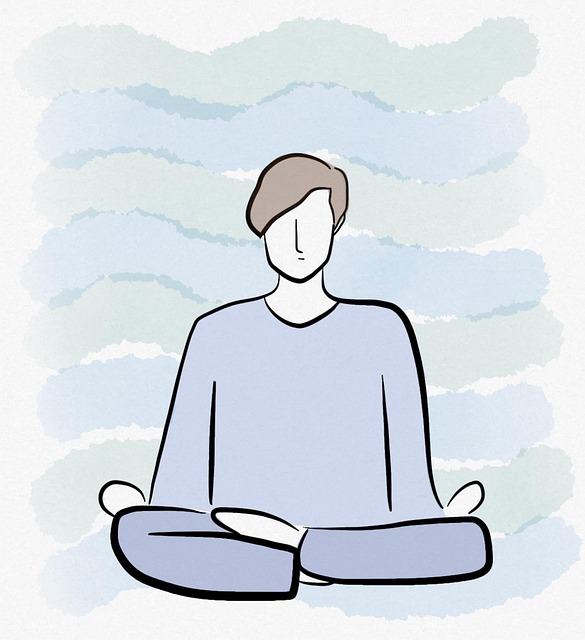Chronic stress, caused by prolonged elevated levels triggered by continuous stressors or cumulative shorter-term events, poses significant risks to physical and mental health, including cardiovascular disease, weakened immune system, anxiety disorders, depression, and sleep disturbances. Mental health professionals need cultural competency training to recognize and address chronic stress in diverse clients, especially those facing Centennial Relationship Issues Therapy (CRIT). CRIT integrates cognitive-behavioral therapy (CBT), mindfulness meditation, confidence-boosting exercises, and trauma support services to holistically address stress reduction. By focusing on emotional intelligence and conflict resolution techniques, CRIT empowers individuals to navigate relationships with enhanced communication skills, building resilience against future stressors and promoting long-term mental well-being. Investing in strategies that foster societal Resilience Issues Therapy contributes to a broader understanding of mental health and creates supportive environments for well-being.
Stress reduction is vital for maintaining holistic well-being, especially in managing chronic stress, which can have detrimental effects on both mental and physical health. This article explores various methods to combat stress, from understanding its profound impact to delving into traditional therapy approaches and alternative techniques. We discuss building resilience as a long-term strategy, focusing on fostering a century-long relationship with stress where it becomes manageable rather than overwhelming. Discover proven ways to navigate life’s challenges and thrive.
- Understanding Chronic Stress and Its Impact on Well-being
- Traditional Therapy Approaches for Stress Reduction
- Alternative Stress Management Techniques
- Building Resiliency: Long-term Strategies for a Centennial Relationship with Stress
Understanding Chronic Stress and Its Impact on Well-being

Chronic stress refers to prolonged periods of elevated stress levels, often triggered by continuous stressors or a buildup of shorter-term stress events. Unlike acute stress, which is a normal response to immediate threats and challenges, chronic stress can have detrimental effects on both physical and mental health. It can lead to a range of issues, including increased risk for cardiovascular disease, weakened immune system, anxiety disorders, depression, and sleep disturbances. This long-term exposure to stress hormones can disrupt the body’s natural balance, causing wear and tear on various systems over time.
Understanding the impact of chronic stress is crucial in navigating mental health awareness and risk management planning for mental health professionals. Healthcare provider cultural competency training also plays a vital role in addressing this issue, as it equips practitioners with the skills to recognize and respond sensitively to clients from diverse backgrounds who may be experiencing prolonged stress due to complex personal or social factors, including Centennial Relationship Issues Therapy. By acknowledging these challenges, healthcare providers can offer tailored support and interventions to help individuals manage and overcome the adverse effects of chronic stress on their overall well-being.
Traditional Therapy Approaches for Stress Reduction

In addressing Centennial Relationship Issues Therapy, traditional therapy approaches offer a wealth of methods for stress reduction tailored to individual needs. These often involve talking therapies like cognitive-behavioral therapy (CBT), which helps individuals identify and change negative thought patterns contributing to stress. By exploring underlying emotional issues and developing healthier coping mechanisms, CBT empowers clients to manage stress more effectively in their daily lives.
Additionally, therapists may incorporate mindfulness meditation techniques as part of the therapeutic process. This involves training the mind to focus on the present moment, thereby reducing anxiety about the past or future. Moreover, confidence-boosting exercises and trauma support services can play a significant role in stress reduction by addressing underlying causes such as low self-esteem or past traumatic experiences. These comprehensive approaches work synergistically to help individuals not only cope with current stressors but also build resilience for long-term mental well-being.
Alternative Stress Management Techniques

In addition to traditional stress management practices like exercise and mindfulness, exploring alternative techniques can significantly enhance well-being. One such method gaining traction is Centennial Relationship Issues Therapy, which focuses on fostering healthier connections and resolving long-standing conflicts. This form of therapy encourages individuals to develop resilience by improving their emotional intelligence—the ability to recognize and manage one’s own emotions as well as understand and empathize with others.
By integrating Conflict Resolution Techniques into their toolkit, individuals can navigate challenging interactions more constructively. These techniques promote open communication, active listening, and empathy, all of which are vital for resolving relationship issues and reducing the stress they cause. With continued practice, these alternative methods not only help manage current stressors but also build lasting resilience in the face of future challenges.
Building Resiliency: Long-term Strategies for a Centennial Relationship with Stress

Building resiliency is a long-term strategy that fosters a healthy and enduring relationship with stress. It involves developing mental and emotional agility to navigate life’s challenges, ensuring an individual can bounce back from setbacks and adapt to change. Resilient individuals view stress as a manageable component of life rather than a threat, enabling them to maintain equilibrium during difficult times. This process often includes cultivating coping mechanisms such as mindfulness meditation, which has gained prominence in mental health policy analysis and advocacy, community outreach program implementation, and therapy.
By investing in these long-term strategies, we can foster a more sustainable approach to stress management. This not only benefits the individual but also contributes to a broader understanding of mental health, encouraging societal resilience and fostering environments that support well-being. A holistic view of stress reduction, encompassing various therapeutic approaches, empowers individuals to lead more balanced and fulfilling lives while navigating the inevitable challenges that come with age.
Stress reduction is not just a temporary fix; it’s about cultivating a lasting centennial relationship with challenges. By understanding chronic stress, exploring traditional and alternative therapy approaches, adopting long-term resilience strategies, and embracing a holistic perspective, individuals can navigate life’s twists and turns with greater equanimity. Remember that managing stress is an ongoing process, and the right tools can enable a more fulfilling and balanced life.














